US test-fires nuclear-capable ballistic missile amid N Korea showdown
The US Air Force has test-fired an intercontinental ballistic missile (ICBM) for the second time over the past seven days, raising the stakes in an already heated standoff with North Korea over its development of similar weapons.
The Minuteman III took off from its silo at California’s Vandenberg Air Force Base on Wednesday and completed its more than 6,500-kilometer (4,200-mile) flight by delivering a mock nuclear warhead to its designated target at Kwajalein Atoll in the Pacific Ocean, the US Air Force Global Strike Command confirmed.
The force said the test was similar to the one conducted a week ago, where another Minuteman delivered a single re-entry vehicle to a target near the Marshall Islands atoll.
The Pentagon says the tests had both been planned from months ago and were needed to assess the effectiveness, readiness, and accuracy of the country’s arsenal of 450 Minuteman missiles.
The ICBMs are one leg of the US strategic nuclear triad, which also relies on bomber aircraft and submarines to deliver nuclear weapons to targets across the world.

The US military has been actively testing the triad by simulating nuclear attacks both inside and outside the country.
Read More:
- US Air Force test-launches nuclear missile
- US sends nuclear sub to Korean Peninsula
- US Air Force test-drops nuclear bomb
In mid-April, the USAF confirmed that it had test-dropped an upgraded variant of its ageing B61 nuclear bomb at an airbase in Nevada, claiming that the mission was only aimed at assessing the ability of F-16 Fighting Falcon jets to carry the deadly payload.
Another similar mission was carried out on the Korean Peninsula, where the US has been engaged in a showdown with North Korea over Pyongyang’s development of ICBMs and nuclear deterrents.
The USAF announced on Tuesday that two of its supersonic B-1B Lancer bombers had flown from Guam to South Korea in order to conduct training exercises with the South Korean and Japanese air forces.
Pyongyang slammed the deployment and said the strategic bombers had conducted “a nuclear bomb dropping drill against major objects” in its territory.
“The reckless military provocation is pushing the situation on the Korean Peninsula closer to the brink of nuclear war,” a report by the North’s official news agency stated.

Washington has already sent an aircraft carrier-led group of warships and a nuclear submarine to the Korean waters. It has also begun deploying Terminal High Altitude Area Defense (THAAD) missile system in South Korea.
The new missile test by the US came hours after President Donald Trump said that he would be “honored” to sit down for a talk with North Korean leader Kim Jong-un.
Iranians protest against Israel after Netanyahu ICC warrant
Germany undecided on complying with ICC arrest warrants for Israeli war criminals
VIDEO | Former FBI agent criticizes US Congress for 'outright corruption'
IRGC chief urges Muslim countries to cut aid routes to Israel
'New chapter in cooperation': Iran, Venezuela sign new MoUs
Jordan sentences former lawmaker for supporting Palestinian resistance
Basij volunteer forces hold massive drills in southwestern Iran
Israeli war criminals 'not welcome', US city says after ICC ruling




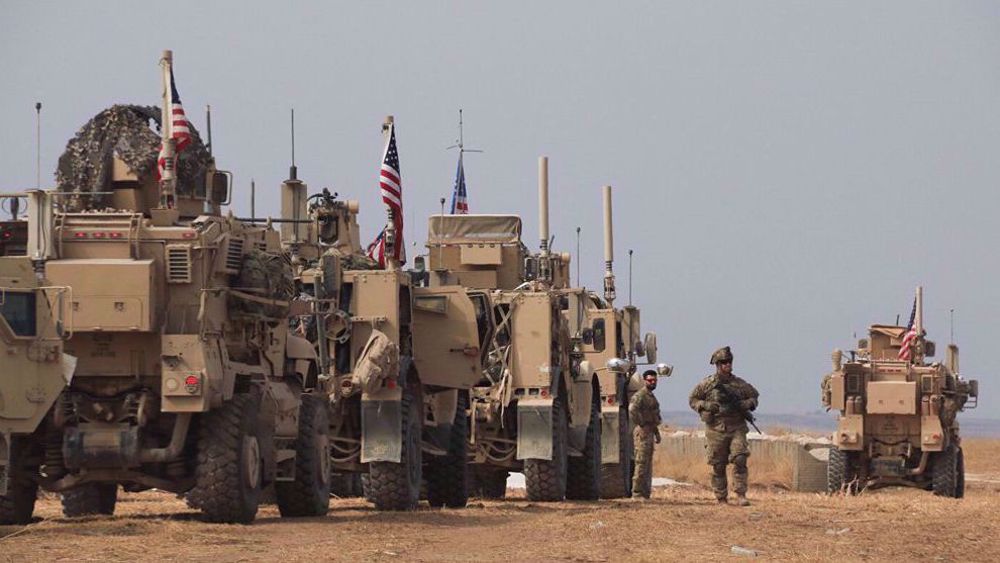
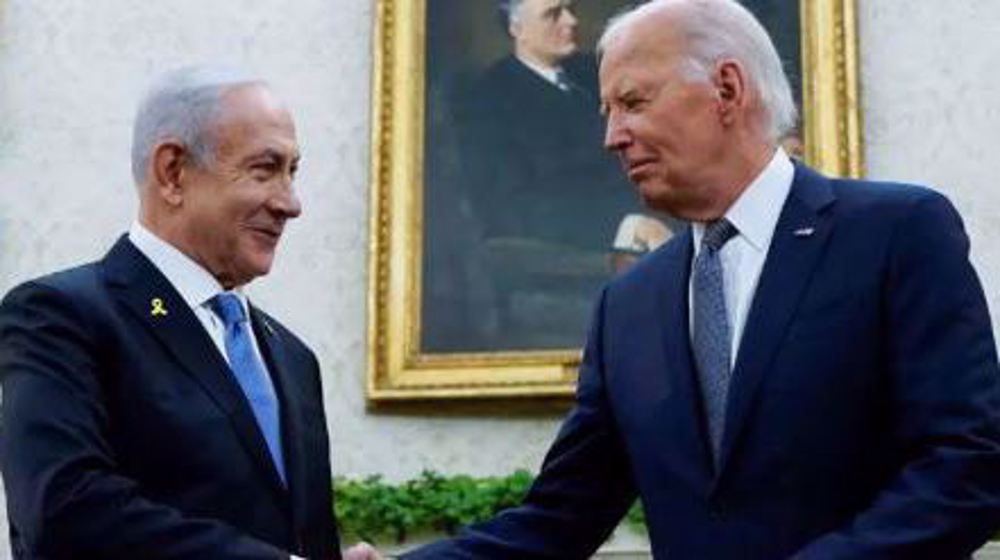






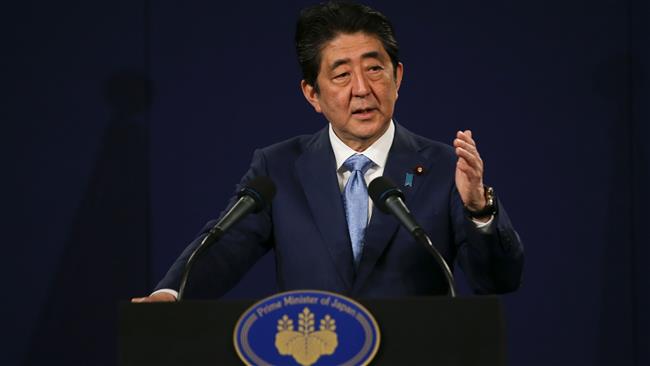

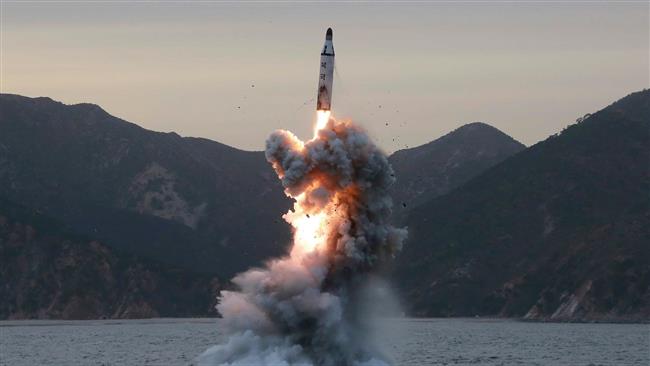
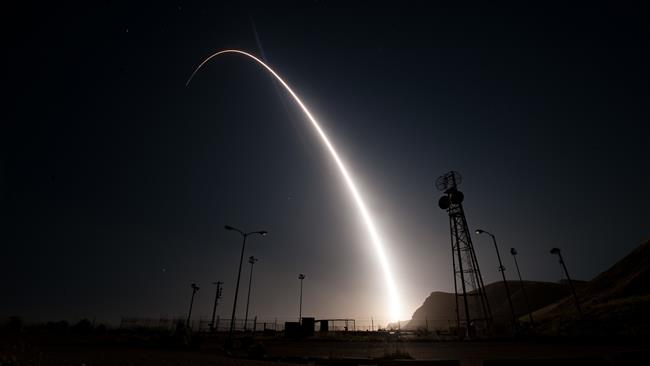

 This makes it easy to access the Press TV website
This makes it easy to access the Press TV website